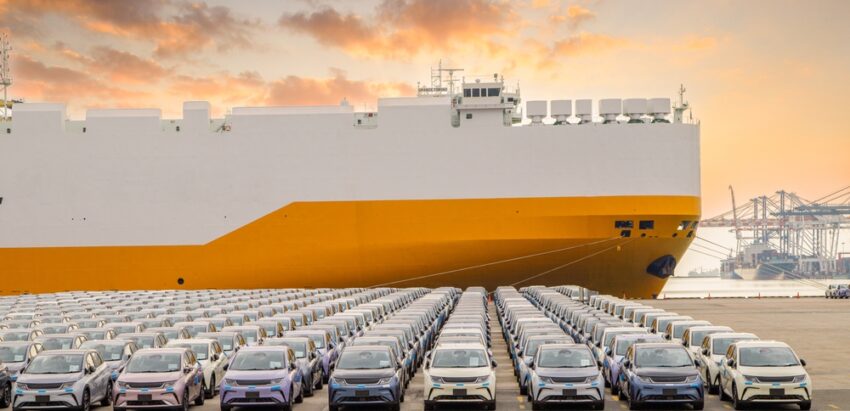
The European Union has voted to impose tariffs of up to 35% on Chinese electric vehicles, a decision that has divided member states and raised concerns about a potential trade war with China.
The move comes as the EU seeks to address what it sees as unfair subsidies for Chinese electric vehicles, but the decision has faced strong opposition from Germany, the EU’s largest economy and car manufacturer.
France, Italy, Poland, and seven other countries pushed the tariffs through in a vote on Friday, while Germany, Hungary, Slovakia, Slovenia, and Malta voted against the measure. Twelve member states, including Spain, abstained. The tariffs, which range from 7.8% on Tesla vehicles to as much as 35.3% on cars made by SAIC, will be in place for up to five years, unless the EU revises its stance following negotiations with China.
Germany has led the opposition to the tariffs, with its automotive industry warning that the measure could trigger a damaging trade conflict. BMW CEO Oliver Zipse described the tariffs as a “fatal signal” for the European car industry, urging a swift settlement between the European Commission and China to avoid a trade war that would harm both sides. Despite the vote, Zipse emphasised that Germany’s opposition sent a positive signal, increasing the chances for a negotiated resolution.
The French automotive industry, by contrast, supported the tariffs as a necessary step to protect European manufacturers from unfair competition. “We are in favour of free trade but within the framework of fair rules,” a spokesman for Plateforme Automobile, which represents carmakers, stated.
China has already signalled its intent to retaliate, threatening tariffs on European brandy imports and launching investigations into European pork and dairy products. Its commerce ministry condemned the EU’s actions as protectionist and urged the bloc to return to “the right track.”
EU diplomats anticipate that the tariffs could be revised downwards after further negotiations with China. The new duties are expected to drive increased investment from Chinese electric vehicle and battery manufacturers, who are likely to set up factories within the EU to bypass the tariffs.
As Brussels continues to engage with Beijing, the potential for a trade war remains a significant concern for European automakers, particularly in Germany, where the electric vehicle market is heavily intertwined with China. The EU has until the end of the month to continue discussions with China in an attempt to resolve the issue and prevent further escalation.